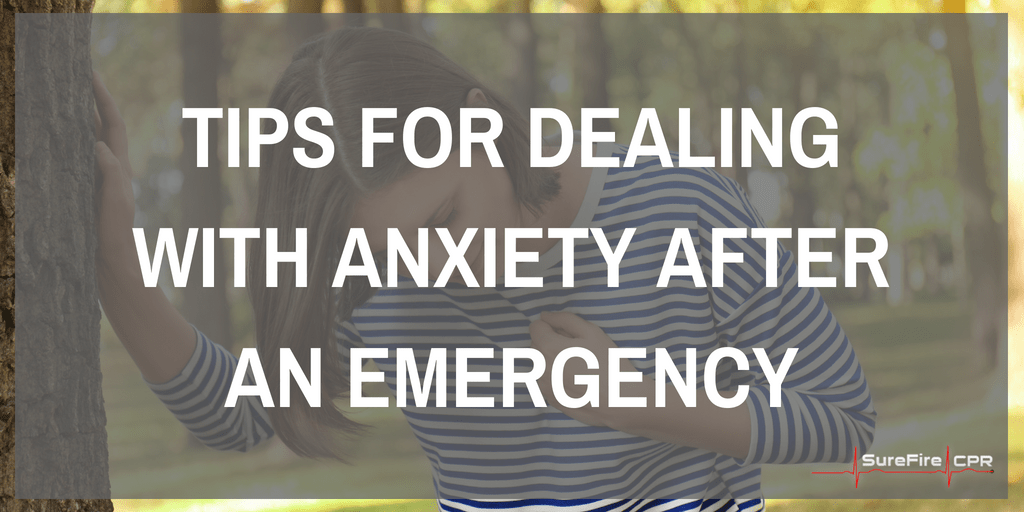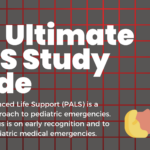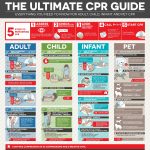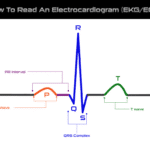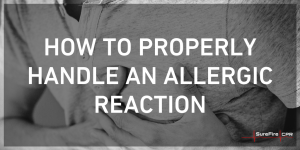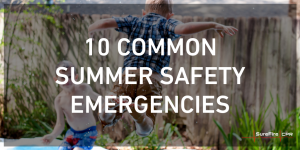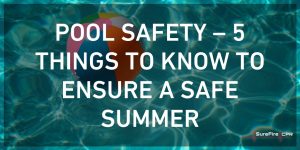An emergency may trigger anxiety for days, weeks or months following the incident itself. And if post-emergency anxiety goes unaddressed, it may be tough for a person to work, play and perform everyday activities.
If you are dealing with anxiety after an emergency, it is important to remember that you are not alone. Anxiety disorders impact approximately 40 million U.S. adults – or roughly 18% of the U.S. population – and are among the most common mental illnesses, according to the Anxiety and Depression Association of America (ADAA). Additionally, anxiety disorders are treatable, and some of the best ways to deal with anxiety after an emergency include:
-
Take a Break
Sometimes, people need a break after an emergency to process what happened during the incident. A break may help an individual take a step back from an emergency, clear his or her head and move forward.
If you feel like you need a break after an emergency, take one – you’ll be glad you did. Even spending a few minutes practicing yoga or listening to music may help you take your mind off of your anxiety. Or, you can always plan a weekend getaway or a week-long vacation to help you clear your mind.
-
Maintain a Well-Balanced Diet
Anxiety may lead a person to overeat or stop eating altogether. If you fill your diet with energy-boosting foods, however, you can avoid a potential drop in blood sugar that otherwise may make you feel jittery.
A diet rich in whole grains, vegetables and fruits are ideal. Meanwhile, you should try to avoid simple carbohydrates, limit caffeine and alcohol consumption and stay hydrated. Don’t forget to eat regular meals, too; that way, you can maintain a consistent blood sugar level throughout the day.
-
Exercise Daily
In addition to helping you build strength, stamina and muscle, exercise enables you to fight off anxiety. If you stay physically active, you’ll be able to reduce fatigue, improve your alertness and concentration and boost your overall cognitive function at the same time.
Studies have shown regular aerobic exercise reduces tension, improves sleep and boosts self-esteem. In fact, some research indicates even five minutes of aerobic exercise per day can deliver anti-anxiety benefits.
-
Get Enough Sleep
The National Sleep Foundation (NSF) recommends adults get at least seven hours of sleep per day. If you give yourself plenty of time to get sufficient Zzz’s, you may be able to put your post-emergency anxiety to rest.
Practicing a relaxing bedtime ritual like reading a book or listening to relaxing music before bed may help you fall asleep. Also, if you exercise daily and avoid naps during the day, you may be able to develop a consistent sleep schedule.
-
Talk to Someone About Your Anxiety
Family members and friends are there for you in good times and bad. If anxiety is making it tough to function after an emergency, don’t hesitate to talk to a loved one. This will allow you to share your thoughts and feelings with someone you know and trust and get the help you need to feel better.
You may want to meet with a physician or therapist for help with your post-emergency anxiety as well. The mere thought of getting professional help may seem overwhelming, but you don’t have to do it alone. You can always go to a physician or therapist appointment with a loved one. By doing so, you may enjoy an extra morale boost that could help you get over your anxiety.
-
Try to Stay Positive
Let’s face it – maintaining a positive outlook when you’re dealing with anxiety can be extremely difficult. Fortunately, there are lots of simple, effective ways to remind yourself about the positive things in your everyday life.
For example, it may be beneficial to put positive notes throughout your home. These notes will serve as constant reminders of positive things that bring a smile to your face. Plus, you can try to do things that make you happy every day.
-
Volunteer in Your Community
The benefits of volunteering are significant. First, becoming a volunteer allows you to help your community. Volunteering also provides a great opportunity to de-stress and feel good about giving back to those in need.
There is no shortage of volunteering opportunities in communities nationwide. Animal rescue shelters, national parks, food pantries and other nonprofit organizations frequently search for volunteers. Furthermore, VolunteerMatch is an online volunteer engagement network that enables you to search for volunteer opportunities in your community at any time.
-
Create a Journal
If you are unsure why you feel anxious after an emergency, a journal may prove to be exceedingly valuable. Because if you write down your thoughts and feelings, you may be able to figure out what exactly is triggering your anxiety.
The goal of a journal entry is to help you identify the source of your anxiety so you can work your way through it. Thus, a journal entry can be as long or as short as you choose, and you can produce journal entries as frequently as you’d like. As long as you are comfortable with journaling, you can use this tool to help alleviate your anxiety.
-
Perform Deep Breathing Exercises
You don’t need to be a yogi to reap the benefits of deep breathing exercises. With slow, intentional belly-breathing, you can practice deep breathing exercises from virtually any location, any time you choose.
To perform deep breathing exercises, you should sit with your eyes closed and focus on your breathing. Try to breathe naturally through the nostrils, and place one hand on your belly and the other on your chest as you breathe in and out. Concentrate on your breathing, and eventually, you may be able to put your mind at ease.
-
Enjoy a Good Laugh
Laughter may be one of the best medicines for anxiety. Therefore, watching a funny movie or TV show or visiting a local comedy club may help you enjoy plenty of laughs and reduce your anxiety.
It may be helpful to incorporate laughter into your regular routine. By putting a strong emphasis on finding the humor in everyday life, you will laugh more. And as a result, you may be able to laugh away your anxiety.
Constant anxiety can be difficult for anyone to handle, but understanding that it can be dangerous for those in recovery can potentially save lives. Although there is no one-size-fits-all solution to overcome post-emergency anxiety, with one or more of the aforementioned tips you may be better equipped than ever before to deal with anxiety after an emergency.

